Conquer Messy Homes: Ultimate Guide to Home Organization and Decluttering
Clutter, a product of modern life's fast pace, negatively impacts both mental health and home a…….
Home Organization and Decluttering: A Pathway to a Simpler Life
Introduction
In the modern world, where spaces are smaller and lives are busier, the need for home organization and decluttering has never been more pressing. This comprehensive article delves into the art and science of maintaining an organized and clutter-free home environment, offering a blend of practical advice, historical context, and an analysis of its global impact and trends. Readers will learn how to effectively organize their homes, understand the psychological and health benefits of decluttering, and recognize the economic and technological factors that influence this domain.
Understanding Home Organization and Decluttering
Home organization and decluttering refer to the processes of systematically categorizing, organizing, and maintaining items within a household to ensure an efficient living space. Decluttering involves removing unnecessary or redundant items from one’s home to create a more functional and peaceful environment. These practices are not merely about tidying up; they encompass a holistic approach to how we interact with our possessions and the spaces we inhabit.
The core components of home organization and decluttering include categorization, prioritization, storage solutions, and regular maintenance. Historically, the principles behind these practices have been present in various forms across different cultures, adapting to the changing needs and lifestyles over time. Today, they are more than ever a response to the challenges of modern life, where material possessions can quickly accumulate, leading to stress, reduced productivity, and even mental health issues.
Global Impact and Trends
The influence of home organization and decluttering is not confined to any single region but is a global phenomenon reflecting cultural shifts towards minimalism and sustainability. Key trends include the rise of zero-waste living, the sharing economy, and an increased awareness of environmental impact. In North America and parts of Europe, the organization industry has become a significant sector, with professionals offering services ranging from simple tidying to comprehensive home makeovers.
In Asia, the concept is gaining traction as urbanization leads to smaller living spaces, necessitating efficient use of space and thoughtful decluttering. In Latin America and Africa, the focus often centers on sustainability and repurposing items due to economic constraints, highlighting a diverse approach to the principles of home organization and decluttering.
Economic Considerations
The economics of home organization and decluttering extend beyond individual practices. It is a market that encompasses a wide range of products and services, from storage solutions to professional organizing consultants. Market dynamics reveal a growing demand for these services, particularly among the middle and upper-middle classes who value time efficiency and aesthetic appeal.
Investment patterns in this sector include funding for startups offering innovative organization products or apps designed to assist with decluttering. The role of home organization and decluttering within economic systems is evident in its contribution to job creation, consumer spending, and the overall well-being of individuals and families.
Technological Advancements
Technology has revolutionized the field of home organization and decluttering. From smart storage solutions that adapt to user habits to apps that help track possessions and their locations, technology is making it easier for people to maintain organized homes. The future potential of AI and machine learning could further automate these processes, predicting what we need and discarding what we don’t.
Virtual reality (VR) has also entered the scene, allowing individuals to visualize decluttered spaces before making changes. These advancements not only enhance the effectiveness of home organization but also contribute to the sustainability movement by promoting a more efficient use of resources.
Policy and Regulation
Policies and regulations play a crucial role in shaping the landscape of home organization and decluttering. Zoning laws that dictate how homes can be constructed and renovated, waste management policies, and tax incentives for energy-efficient storage solutions all influence this field. Legislation around consumer rights and environmental standards further affects how individuals approach their home environments.
In the European Union, for example, regulations on product safety and waste disposal are stringent, encouraging manufacturers to create more sustainable organization products. In contrast, regions with less regulatory oversight may focus on grassroots initiatives and community-led decluttering efforts.
Challenges and Criticisms
Despite its benefits, home organization and decluttering face challenges and criticisms. Skeptics argue that the trend can perpetuate a consumerist culture by encouraging people to buy more storage solutions rather than reducing possessions. Additionally, there is a risk of falling into the trap of perfectionism, where the pursuit of an idealized space becomes obsessive or stressful.
To address these issues, proponents advocate for a mindful approach to decluttering, emphasizing the importance of intentional living and sustainable consumption. Education and awareness campaigns can help dispel myths and promote practices that are both effective and aligned with broader societal goals.
Case Studies
Several case studies illustrate the transformative power of home organization and decluttering. A family in a cramped urban apartment might overhaul their living space by implementing clever storage hacks, while an empty nester could reclaim rooms previously filled with children’s belongings by downsizing and donating items they no longer need.
Professional organizers have also made significant impacts, such as helping a client with hoarding tendencies to safely discard accumulated items and create a healthier living environment. These real-life examples demonstrate the tangible benefits of decluttering and organization.
Conclusion
Home organization and decluttering are multifaceted practices with far-reaching implications for individual well-being, economic growth, and societal sustainability. They reflect a conscious effort to align our living spaces with our lifestyle needs and values. As we move forward, the integration of technology, thoughtful policy-making, and a focus on intentional living will continue to shape this domain, ensuring that it remains a positive force in our lives.
By acknowledging the importance of home organization and decluttering, we can create spaces that are not only functional and beautiful but also reflective of a commitment to a more mindful and sustainable way of life. Whether through DIY efforts or professional assistance, these practices offer a pathway to a less cluttered, more intentional existence.
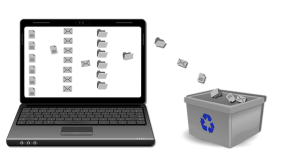
A tidy home is a stress-free haven. Home organization and decluttering reduce mental clutter, promot…….
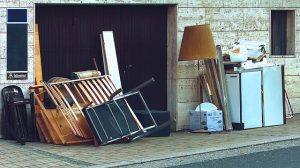
Maintaining a clean and organized home is vital for well-being, reducing stress, and enhancing daily…….
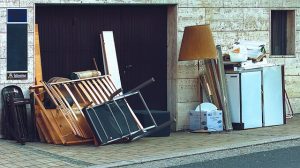
The text explores the concept of home organization and decluttering, emphasizing that clutter often…….
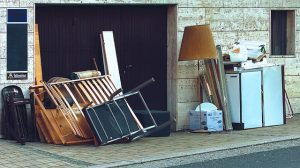
Senior citizens face unique challenges in maintaining organized homes due to age-related changes, af…….
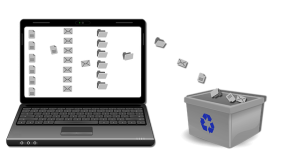
Homeowners often overlook the benefits of professional organization services for decluttering their…….
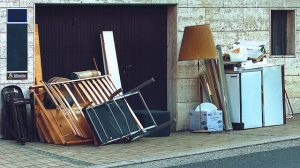
Home organization and decluttering significantly impact mental well-being, reducing stress and promo…….
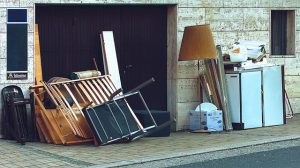
A well-organized home promotes mental clarity and reduces stress, enhancing cognitive function and o…….
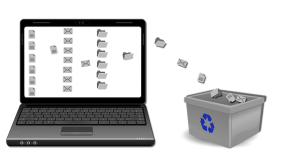
Cluttered spaces reflect cluttered minds, leading to stress and disorganization in modern life. Impl…….